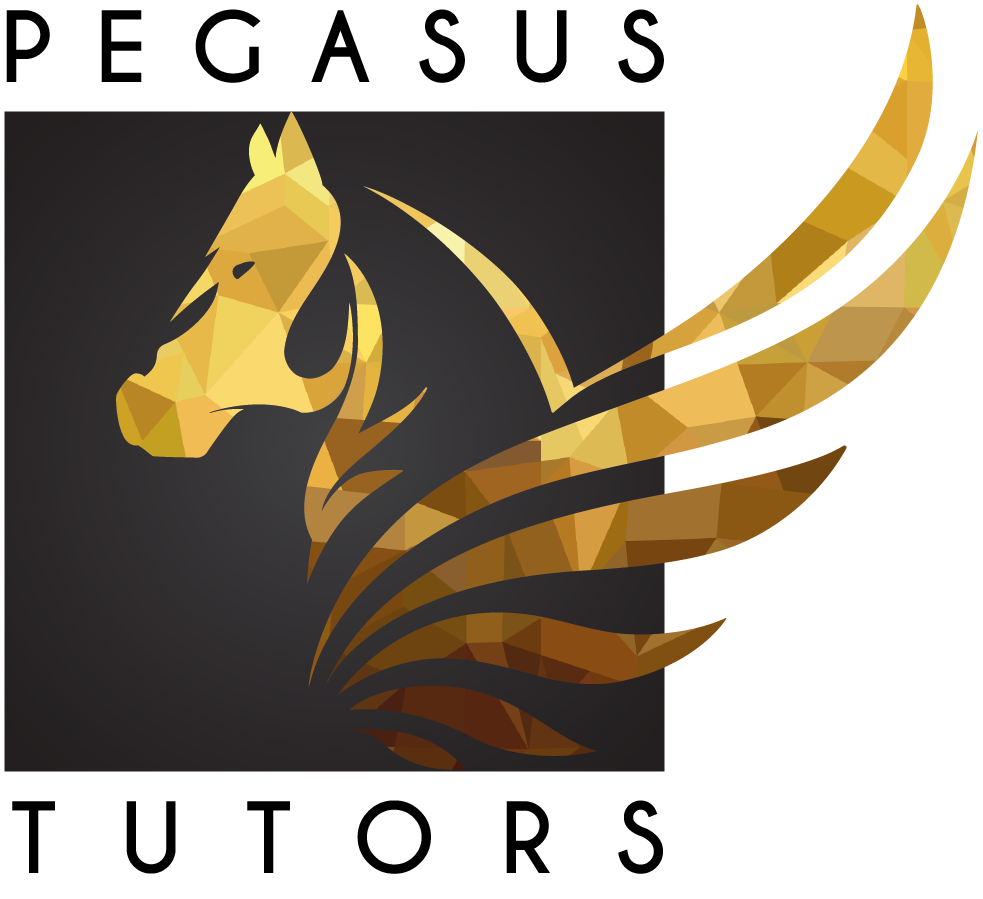Interactive Learning: Why is it so effective and how can it be achieved?
BY FREDDIE FOX
“Tell me and I forget, teach me and I may remember, involve me and I learn.” Benjamin Franklin - founding father of the United States – or Confucian philosopher Xun Kuang? An 1100 year-old woodblock copy of the Xunzi, containing the following phrase, suggests that Franklin was beaten to it: ‘Not having heard something is not as good as having heard it; having heard it is not as good as having seen it; having seen it is not as good as knowing it; knowing it is not as good as putting it into practice.’ Franklin or Xun Kuang isn’t what’s most important here, however. What matters is the message itself: involving us - children and adults alike - is better than telling us.
Why, then, in schools up and down the country, are the following words still spoken with such great regularity: “Please take out your exercise books and copy this down.”? The answer is simple. It works. For many learners, learning by rote coupled with lessons and lecture series comprising ‘chalk and talk’ are effective. But since when was efficacy alone good enough for our children? Teachers and students should know the difference between the good, the very good and the excellent. We should strive, unashamedly, for excellence.
Interactive learning – when done well – promotes such excellence. Interactivity encourages the attentiveness and engagement that are integral to fostering an atmosphere of active, student centred, learning. During my PGCE year, one particular phrase stuck with me: ‘Telling is not teaching. Listening is not learning.’ I was shown that standing in front of a class and delivering a lecture-like lesson isn’t the same as teaching one. In fact, it isn’t really teachers who create learning at all. Learners create learning. It is the job of teachers to create the learning environment. The best learning environment you can create? An active, participatory, one. An environment where participation is compulsory, not optional. An environment with flow, where the challenge is neither too easy nor too hard.
So, how can we achieve such an environment in class and tutorials? Below are my five top tips for an interactive, engaging learning experience:
1. Games
Boggle, Scrabble, Times Tables Jenga, Fiendish Numbers, Yahtzee, Categories, Clicks, PIG, 21… the list goes on. Games are a brilliant way of engaging pupils in their work. Fantastic starters and plenaries, games are an invaluable way of enthusing pupils about a subject and adding a competitive spirit to any classroom or tutorial.
2. Movement
Get your kids moving! We all have friends and family who complain of long hours behind a desk, so why do we inflict the same plight on our children?! Whether it’s a times tables challenge on the floor or pacing up and down the room declining Latin nouns, getting your students on the move is an excellent way of actively involving them in their curriculum content.
3. Teamwork
Although this can be more challenging during one-to-one tutorials, encouraging pupils to work collaboratively is one of the building blocks of an interactive lesson. When pupils share their opinions, discuss ideas and work together, they can learn more than they do as individuals.
4. Role Reversal
Encourage your students to imagine themselves in their teacher or tutor’s shoes. What questions would they ask? How would they mark that essay? What activities would they plan for the next lesson? Allowing pupils to play the role of teacher / tutor enables them to think critically about their own subject knowledge. Are they well-versed enough to ask their own questions? Do they understand how exams are set and marked?
5. Senses
The eyes and ears are not the only senses for learning! Bring your lessons and tutorials to life with smell, taste and touch. The Islington Library Service - which provides books, artefacts and videos for schools - is a great resource for doing just that. What better way for students to explore topics than to touch (and maybe even smell or taste!) objects from another time in history?
To contact us about any of the above, please email alex@pegasustutors.co.uk.

